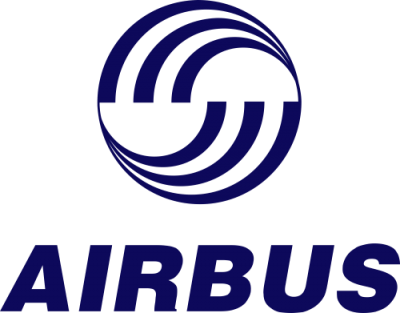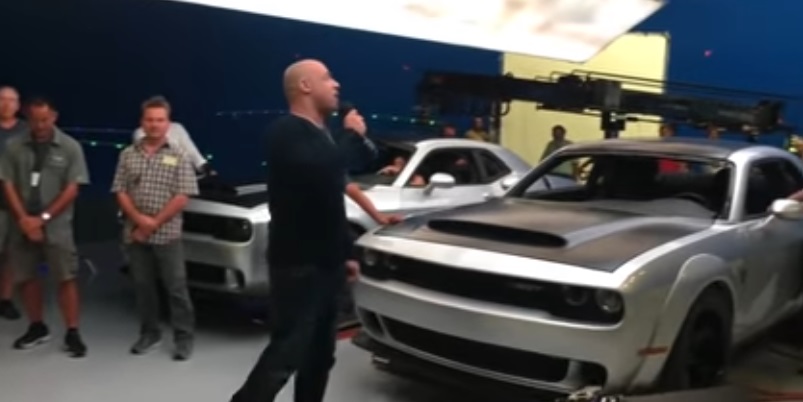Now Reading: South Africa remains in talks with Airbus, Boeing to print 3D parts
-
01
South Africa remains in talks with Airbus, Boeing to print 3D parts
South Africa remains in talks with Airbus, Boeing to print 3D parts

South African researchers are developing the world’s biggest machine for producing aircraft parts utilizing lasers to melt powdered titanium continues their talks with Airbus and Boeing, with the first commercial application anticipated in 2019.
Formally launched in 2011 and backed by government, the Aeroswift research project in 2016 produced the first 3 demonstrator parts– a pilot’s throttle lever, a condition lever grip which belongs to the throttle assembly, and a fuel tank pylon bracket, in a digital process called 3D printing, or additive layer production.
Increasingly embraced by the vehicle, aerospace and military industries as a cheaper method of making complex parts, the new manufacturing process could save millions of dollars on fuel and production expenses as airplane producers replace aluminum bodies with lighter materials such as titanium alloys.
“How best to commercialize the procedure is a conversation we are currently having with the Aeroswift partners and relevant government companies,” stated Simon Ward, Airbus’s vice president for worldwide cooperation in Toulouse.
Ward stated Plane was in talks with Aeroswift and the South African government to guarantee the project was commercially effective and produced jobs in South Africa, where unemployment is above 25 percent.
Airbus, which currently sources parts for its A400M military transportation aircraft from South Africa, has been providing Aeroswift support in regards to consulting, benchmark information and guidance on what kind of aircraft elements to concentrate on, Ward stated.
South Africa’s Council for Scientific and Industrial Research (CSIR), in collaboration with local aerospace firm Aerosud Innovation Centre, say access to large titanium reserves along with pioneering the world’s largest titanium powder-based 3D printing machine must give them a competitive edge.
South Africa ranks fourth in world titanium reserves, behind leader China, Australia and India, as per the United States Geological Study.
“Our maker is special and the only one in the world,” stated Hardus Greyling, Aeroswift’s contract coordinator who operates at the CSIR’s laser center.
“We have developed new technologies and patents which enables us to upscale the additive process to go substantially faster and considerably larger than other systems.”
Stay Informed With the Latest & Most Important News
Previous Post
Next Post
-
 01Polestar Boss Says It’s Time To Outrun BMW M And Mercedes-AMG
01Polestar Boss Says It’s Time To Outrun BMW M And Mercedes-AMG -
 02Spy Shots: 2027 Mitsubishi Pajero Spotted in Testing Ahead of Possible U.S. Return
02Spy Shots: 2027 Mitsubishi Pajero Spotted in Testing Ahead of Possible U.S. Return -
 032026 Toyota Hilux EV: A Powerful Truck with Silent Torque
032026 Toyota Hilux EV: A Powerful Truck with Silent Torque -
 04Spy Photos: VW ID. Polo GTI Goes Electric with 223 HP and 280 Miles of Range
04Spy Photos: VW ID. Polo GTI Goes Electric with 223 HP and 280 Miles of Range -
![2027 Mercedes-Benz S-Class Debuts with V8 Engine [Photo Gallery]](https://speedlux.com/wp-content/uploads/2026/01/2027-Mercedes-Benz-S-Class-33-155x125.jpg) 052027 Mercedes-Benz S-Class Debuts with V8 Engine [Photo Gallery]
052027 Mercedes-Benz S-Class Debuts with V8 Engine [Photo Gallery] -
 06The Controversial Ford Voodoo V8 That Was Killed Off Too Early
06The Controversial Ford Voodoo V8 That Was Killed Off Too Early -
 07Hyundai Palisade’s Breakout Year Shows How Quickly the Market Can Turn
07Hyundai Palisade’s Breakout Year Shows How Quickly the Market Can Turn



![2027 Mercedes-Benz S-Class Debuts with V8 Engine [Photo Gallery]](https://speedlux.com/wp-content/uploads/2026/01/2027-Mercedes-Benz-S-Class-33-700x394.jpg)








































